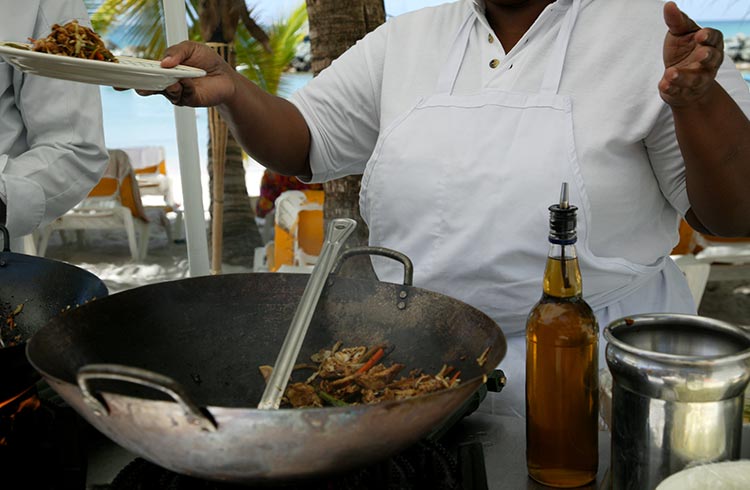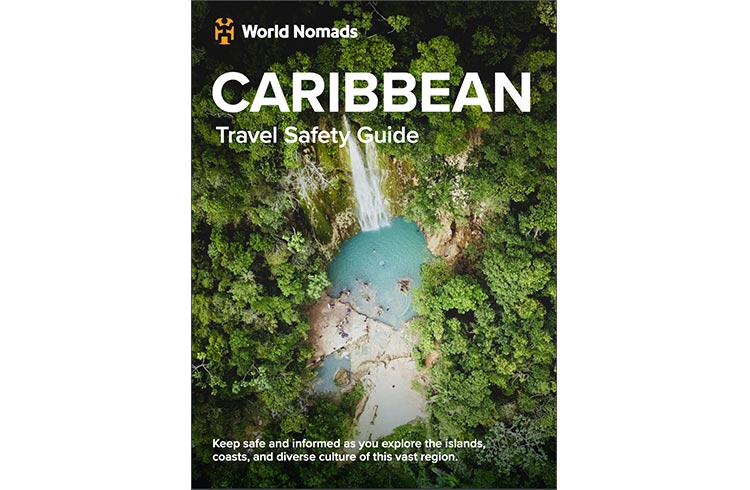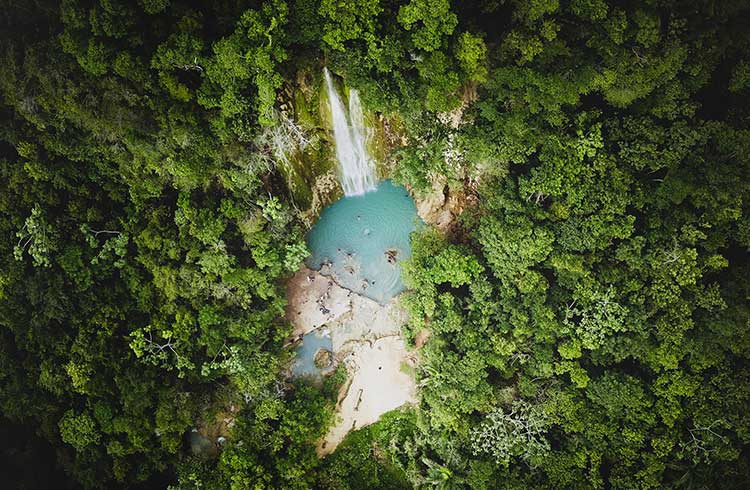Vaccinations for the Caribbean: Travel Health & Hygiene
Mosquito-borne diseases, food safety, and water contamination are some of the risks to be aware of before you depart for the Caribbean.
 Photo © Getty Images/Rosemary Calvert
Photo © Getty Images/Rosemary Calvert
- Diseases and vaccinations to consider before you go
- Water quality in the Caribbean
- Pollution in the Caribbean
- Food safety in the Caribbean
Diseases and vaccinations to consider before you go
The World Health Organization (WHO) has given most countries in the Caribbean a Category 1 classification (the most serious situation) when it comes to the Zika virus – it is prevalent. Zika is particularly dangerous for pregnant women because of the deformities it can cause fetuses in-utero. The virus spreads primarily via mosquito bites, but can also be sexually transmitted.
Pregnant women should avoid the Caribbean entirely to avoid exposure to Zika. Travelers should apply mosquito repellent throughout their trip to protect themselves from not only Zika, but also malaria, Dengue fever, Chikungunya virus, Chagas' disease and leishmaniasis – and harmless but itchy bites.
Hepatitis A is a viral infection of the liver contracted by consuming contaminated water, food, or ice, and occurs throughout the islands of the Caribbean. Fortunately, the vaccine for Hepatitis A is safe and effective.
HIV/AIDS is prevalent in the Caribbean, particularly The Bahamas, Jamaica, Trinidad and Tobago, and the Dominican Republic. Heterosexual sex, often involving sex workers, is the most common way HIV is spread in most countries, but in Puerto Rico and Bermuda, HIV infections almost always arise from intravenous drug use.
Practicing safe sex and avoiding drug injection is, of course, the way to protect yourself. Victims of violent crimes, especially rape, should seek immediate medical assistance.
Preparing well ahead of time for your trip will ensure you’re well protected against preventable diseases. Vaccines are available and advisable for Hepatitis A, Hepatitis B, Typhoid, and Rabies.
Listen to The World Nomads Podcast: The Caribbean
Water quality in the Caribbean
Drinking-water quality varies throughout the Caribbean. If water quality is in question, play it safe by drinking bottled water (making sure seals are intact), and avoid ice cubes in drinks. Or to be more environmentally friendly, treat or boil water or use water bottles with filters that eliminate harmful bacteria.
Water quality is likely to be affected if a hurricane or serious tropical storm has recently passed through. Swimming off the coast can also be hazardous after extended heavy rain and storms, which can cause contaminants to wash into the ocean. Check with your hotel before taking a dip.
Pollution in the Caribbean
Water and air pollution are unlikely to be apparent to travelers enjoying the crystal-clear waters and blue skies of the Caribbean. Action is being taken to counter the mountains of plastic waste that end up in the region’s oceans, with bans or near-bans on single-use plastic bags and Styrofoam products. Supporting businesses that are making an effort to curb emissions and waste is one way to protect the local environment.
Food safety in the Caribbean
Hygiene practices at major resorts are generally of a high standard, minimizing the chance you’ll suffer the dreaded diarrhea that can come with international travel. Dysentery and hepatitis, caused by consuming contaminated food and water, are also unlikely if you’re eating primarily at resorts.
But you’ll be missing out on a lot of delicious food and culture if you don’t eat at local restaurants. They’re usually fine, too, but if there are signs it isn’t clean, avoid it. There are countless cases of food poisoning on the islands each year, often caused by improper handling of seafood.
Checking with your accommodation before eating out is a smart move. If you’re dining out on an island where you’re concerned about water quality, avoid unpeeled fresh fruits and uncooked vegetables.
For more tips on safety in the Caribbean, download our free guide

Related articles
Simple and flexible travel insurance
You can buy at home or while traveling, and claim online from anywhere in the world. With 150+ adventure activities covered and 24/7 emergency assistance.
Get a quote


No Comments